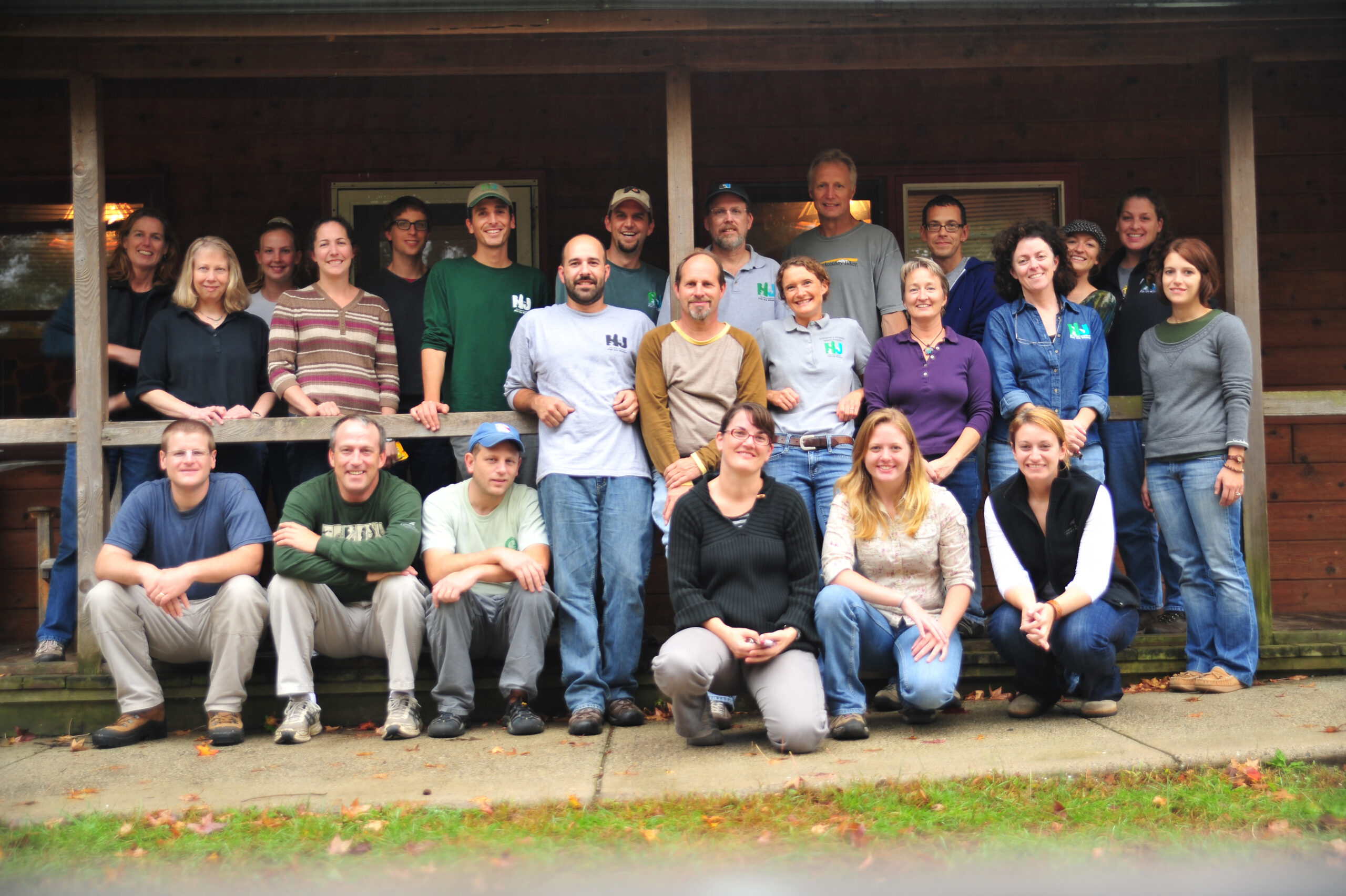
The Endangered and Nongame Species Program (ENSP) was formed in 1973 to ensure that the State of New Jersey manages all endangered and nongame forms of wildlife to ensure their continued participation in the ecosystem. That mission was the charge of the Endangered and Nongame Species Conservation Act (N.J.S.A. 23:2A), which the legislature passed that same year.
The Endangered and Nongame Species Conservation Act (hereafter, ENSCA) also charged ENSP with enforcing “take” prohibitions for endangered and nongame species. This meant that it became unlawful to harass, hunt, capture or kill any such species without agency approval. ENSCA defined “endangered species” as any species or subspecies of wildlife whose prospects of survival or recruitment are in jeopardy, or are likely within the foreseeable future to become so. New Jersey DEP Fish and Wildlife currently recognizes species presently in such jeopardy as species having an “endangered conservation status,” and those species who are likely to be in such jeopardy within the foreseeable future as having a “threatened conservation status.”
The Act further defined “nongame species” as those species of wildlife for which a legal hunting, fishing or trapping season has not been established (referring to “game” species). Nongame species may be further assigned a “special concern” conservation status if their conservation status is uncertain and/or in decline and likely to warrant a “threatened conservation status” if their condition does not improve. Note, however, that due to the incredible volume of endemic invertebrate species, and the complexity regarding prohibition of “take” of native insects in particular, invertebrate species are only listed as endangered or nongame species if they have been found to warrant an “endangered,” “threatened” or “special concern” conservation status. As a result, there are no invertebrates that are merely “nongame;” and, only invertebrates formally listed as endangered, threatened or special concern are protected by the “take” prohibitions under ENSCA.
To meet the management directives the legislature established via the Endangered and Nongame Species Conservation Act, and assure the long-term protection of the state’s endangered and nongame wildlife resources, ENSP presently relies on a team of dedicated and highly qualified biologists whose daily objectives focus on imperiled wildlife conservation. These objectives are identified in the State Wildlife Action Plan. Program staff conduct wildlife and wildlife habitat surveys throughout the state, regularly assess the conservation status of species under the Program’s jurisdiction, and implement management projects and programs to preserve and protect endangered and nongame wildlife and the habitats upon which their survival depends. ENSP staff frequently coordinate with and/or are supported by other Bureaus within NJ DEP Fish and Wildlife. Staff also coordinate with other sections in the Department, as well as with other state and federal agencies. Program staff also coordinate with residents, local and county officials, and the many nonprofit wildlife conservation organizations who share the Program’s conservation mission and objectives.
The ENSP is primarily funded by federal grants earmarked for species of greatest conservation need. A small percentage of DEP funding also supports endangered and nongame programs. Citizens who donate to the State of New Jersey’s Tax Checkoff for Wildlife and purchase “Conserve Wildlife” vehicle license plates also support ENSP’s conservation efforts. In 2022, ENSP had a total budget of approximately $2.5 million to manage over 650 species of greatest conservation need.
Endangered and Nongame Species Program staff are located at the following NJ DEP Fish and Wildlife office locations:

Main Office – Trenton
NJ Fish and Wildlife
Mail Code 501-03
P.O. Box 420
Trenton, NJ 08625-0420
609-292-9400
Lebanon Field Office
1255 County Rt. 629
P.O. Box 394
Lebanon, NJ 08833
609-292-9400
Northern Region Office (Hedge Haven)
26 Route 173 West
Hampton, NJ 08827
609-292-9400
Central Region Office (Assunpink WMA)
One Eldridge Rd., Robbinsville, NJ 08691
(Actual location is Upper Freehold Twp., Monmouth Co.)
609-292-9400
Southern Region Office (Winslow WMA)
220 Blue Anchor Rd.
Sicklerville, NJ 08081
609-292-9400
Tuckahoe Field Office (Tuckahoe WMA)
2201 County Route 631
Woodbine, NJ 08270
609-292-9400
 Official Site of The State of New Jersey
Official Site of The State of New Jersey
